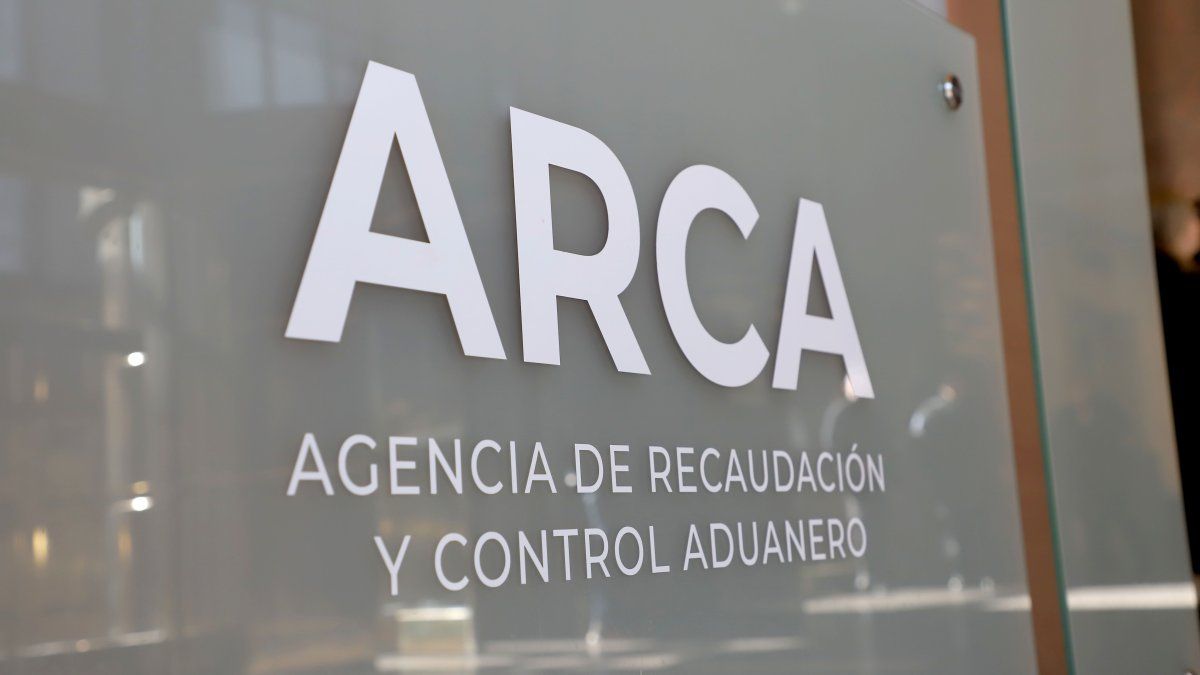Wall Street’s bonus pool will break records in 2025, according to the New York controller’s office, which estimates profits of $60 billion. Wall Street bankers congratulate.
The “friend” Jamie DimonCEO of JP Morgan, who landed days ago in Buenos Aires, perhaps, to provide a signal of support to the Milei Government before the legislative elections and in the process unite the macro details of a debt swap, arrived knowing the pleasant news that this will be another year of record “bonus” for Wall Street as his face clearly showed. The thing is, according to the New York tax director, Thomas DiNapoli, Wall Street profits could exceed $60 billion in 2025 if current trends continue.
The content you want to access is exclusive to subscribers.
A report recently presented by the New York controller’s office showed that the profits of the 130 member companies of the New York Stock Exchange obtained US$30.4 billion in the first half of 2025, when in all of 2024 they earned US$49.9 billion, the fourth highest level on record. This report uses a traditional measure of securities industry performance: it analyzes the pre-tax profits of the brokerage/distribution operations of member firms of the New York Stock Exchange, which before the global financial crisis of 2007 numbered more than 200.


According to several Wall Street media, compensation expenses increased almost 10% compared to last year, indicating another jump in payments after the record average bonus of $244,700 in 2024. “While uncertainty around interest rates, inflation and the broader economy persists, Wall Street looks set to have another strong year”DiNapoli said.
Major banks JPMorgan Chase, Goldman Sachs, Wells Fargo, Morgan Stanley, Bank of America, and Citigroup, among others, reported trading revenue of $15.4 billion in the third quarter, the most in at least five years. Wall Street trading desks thus took advantage of both the market volatility driven by tariffs this year and the stock market rally driven by technology stocks linked to artificial intelligence (AI).
Behind this there is also a political flank as New York City’s tax revenue from the securities industry increased 35.1% to $6.7 billion, and the industry’s average salary increased 7.3% to $505,630, about five times higher than the city average. DiNapoli emphasized the importance of Wall Street for public financing: “Regardless of what you think about Wall Street, whether good or bad, the reality is that the services we provide depend significantly on Wall Street’s profits.”. “Securities industry profits represent a major boost to tax revenues that support crucial investments in housing, transportation and public services that New Yorkers depend on.”DiNapoli said. The developments come amid a political debate over wealth inequality, as the communist mayoral candidate Zohran Mamdani campaigns to tax the rich and use the funds to tear down luxury housing and replace it with housing from the rental subsidy program.
According to the report, first half earnings were driven by increased trading activity where revenue from trading operations grew by 73.4 year-on-year, while commission income, negotiation of AI-related deals and supervisory fees also contributed to the increase in profits. It explains that the strength in revenue occurred despite considerable market volatility this year due to changes in tariff policies and global economic uncertainty, hence, if current trends continue, they estimate that total profits in 2025 could exceed $ 60 billion and reach a record level.
Sector employment in the city also reached a record 201,500 jobs in 2024, surpassing the previous peak in 2000. The securities sector has led the return of workers to the office in New York City. A March 2025 survey showed that 62% of employees attended the office daily, compared to 57% in all other sectors. While the average annual salary, including bonuses, increased by 7.3% to reach $505,630 in 2024, and the bonus fund increased by 34% to reach a record $47.5 billion, equivalent to an average bonus of $244,700 per employee. The average salary in the securities sector was almost five times higher than the rest of the private sector ($101,760) in the city, and 59% higher than the next highest sector. The state average salary for the sector was $484,300, more than double the national average ($238,200).
Last August, compensation consulting firm Johnson Associates had changed its outlook on Wall Street bonuses after investment bankers began seeing an uptick in mergers and acquisitions and other deal-related activity.
Source: Ambito



